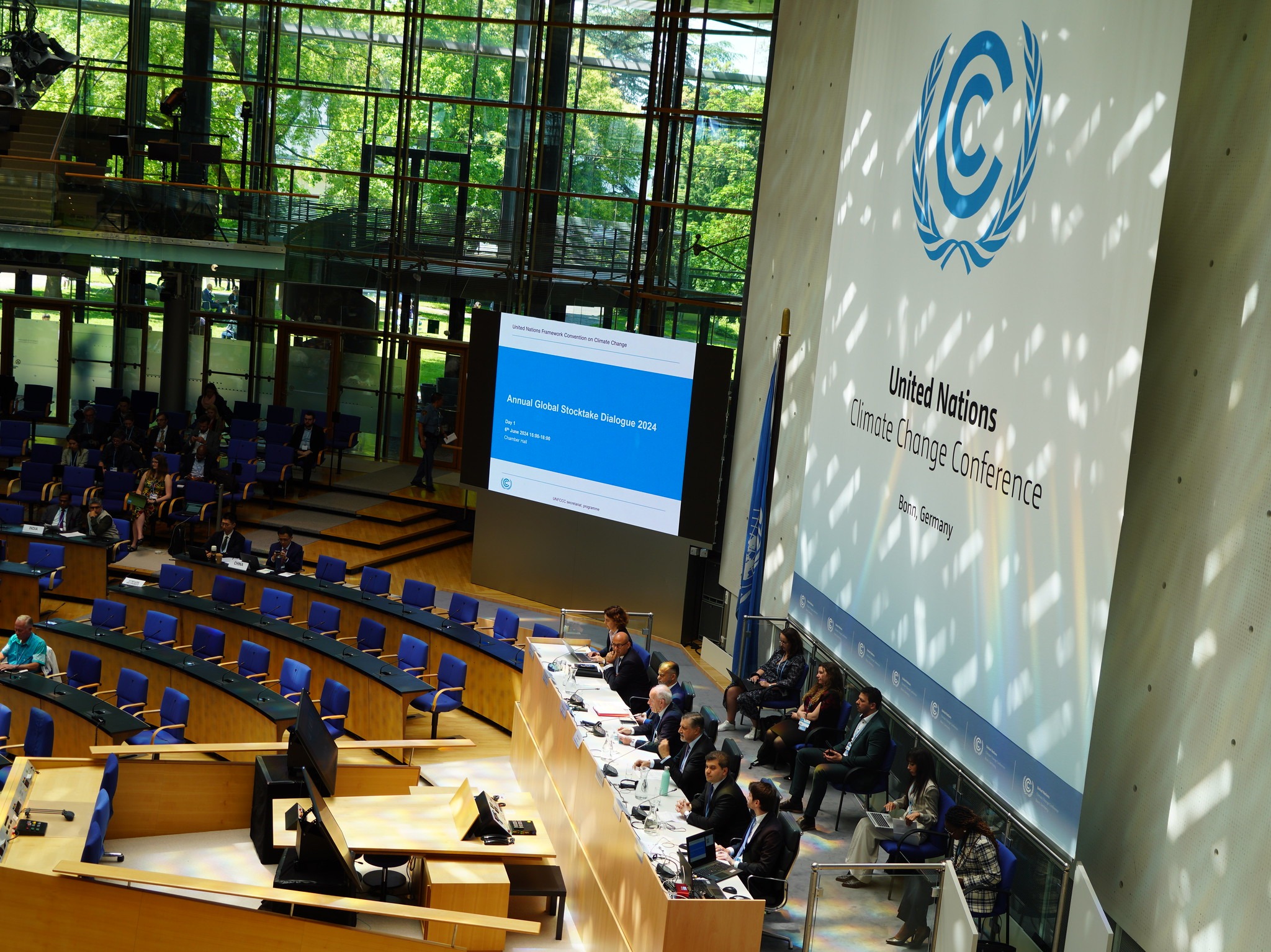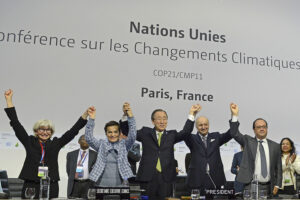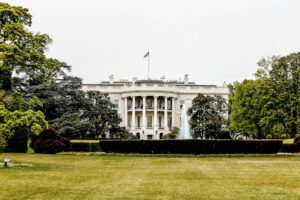UNFCCC vs Geopolitics
Despite geopolitical turmoil, over 190 countries will still come together between 16-26 June for technical negotiations to prepare COP30 during the 62nd UN intersessional climate conference (SB62) starting Monday in Bonn. But the room for agreement is small.
Countries left Baku last November bruised after tense negotiations over a new goal for providing and mobilising finance for developing countries’ climate action. Governments failed to reach agreement on many agenda items at COP29 after the host country and COP29 Presidency, Azerbaijan, narrowed the focus onto the big climate finance issue.
A new goal was set in two parts – for developed countries to lead in mobilising at least $300bn per year for developing countries by 2030, and for all actors to work together to mobilise $1.3 trillion per year by 2030, with Azerbaijan and this year’s COP Presidency, Brazil, tasked with developing a roadmap to that $1.3 trillion. Few were satisfied with this deal.
The neglected agenda items are now in the spotlight of SB62. Three big issues are on the line – how to implement the Global Stocktake response decisions to transition away from fossil fuels, how to ensure justice in economic transitions, and how to measure progress on adapting to climate impacts. Brazil’s COP Presidency team have called for governments to turn up ready to reach agreement to prove that multilateral cooperation continues. But with geopolitical tensions leaving very little political cover for negotiators to make compromises, hope is dwindling.
Does multilateral cooperation still matter?
Much has been written recently about the ‘shifting geopolitical order’ towards favouring nation-centric economic and security approaches, squeezing out the space for UN cooperation. Yes, climate action success will depend on aligning national interests towards trade and industry policy that keep the space open for cooperation, which is outside the scope of UN climate change cooperation.
That said, multilateral cooperation is still critical for finding common solutions and minimising conflicts through understanding different positions, ideally setting common political direction, and keeping up promises made, such as submitting updated national climate plans this year in line with keeping global warming of 1.5 degree within reach. The obligation to do so ensures Governments continue to design policy fit for climate action and hold them accountable if they fail to do so.
At a time of weak climate leadership, we need champions to show the world that climate action means more energy security and less conflicts. Recently we have seen a strong defence of multilateralism and climate action: from the IEA Energy Security Summit in London, to the virtual climate Summit hosted by UN Secretary-General António Guterres and Brazilian President Lula as well as the outcomes of elections in Canada, Australia and Republic of Korea which have elected pro-climate leaders. The France-China statement in March was also an encouraging sign that countries are ready to step up and move forward despite the anti-climate and anti-multilateral agenda of the US Administration under Trump.
What can Europe do in Bonn and beyond to ensure progress?
Over the next weeks and months, the EU can build on these efforts and translate them into negotiated and non-negotiated outcomes by:
- Supporting a clear direction of travel for COP30 – working with the Brazilian COP Presidency on elevating adaption to the agenda, designing processes for the implementation of the COP28 outcome in Dubai in particular on the energy transition and building confidence in the world’s capacity to mobilize the scales of finance needed for green energy and resilient infrastructure investment through an action-oriented Baku to Belem Roadmap to $1.3 trillion.
- Showing the way with an ambitious EU NDC that aligns with keeping global warming within 1.5 degrees. Agreeing on a 2035 emissions reduction target in line with the modeled 90% reduction by 2040 would show the world that the EU is serious about accelerating its green transition. As European businesses have recently called for, an action-oriented and investable NDC would demonstrate European leadership and provide an antidote to the geopolitical turmoil that threatens to stifle investment.
- Boosting European security through its climate partnerships – supporting just transitions amongst partner countries like EU countries have done in South Africa and Indonesia, enhancing green trade ties including with China, and building partnerships around clean energy deployment, for example through the TeraMed initiative for 1 TeraWatt of renewable capacity in the Mediterranean region, and around critical raw materials for economic and social development goals, such as through the RISE partnership which Italy is supporting via the World Bank. The EU-launched Global Energy Transition Forum could be a critical tool in the EU’s kit to build and sustain these partnerships if it is backed by political leadership at the highest levels and channels political, financial and technical support for implementing transitions.
Photo by UNclimatechange







